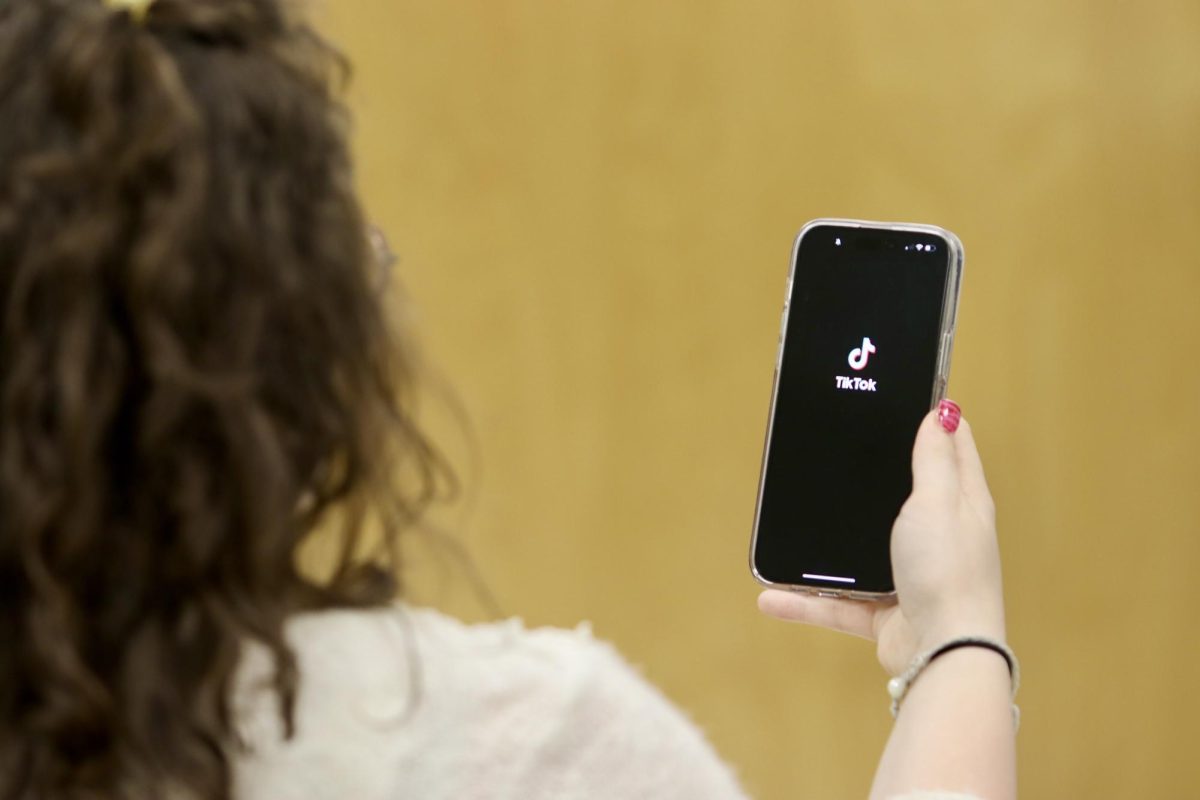The National Institutes of Health is sponsoring an opportunity this flu season that allows healthy adults to participate in paid clinical trials on influenza. This will be the NIH’s fifth time conducting this study. Scientists involved with the organization have developed a mild version of the flu, influenza A, Bethesda, MM2 and H1N1 virus.
This virus will be contracted by the subjects through a nasal spray subsequent to their agreement. While in confinement to prevent any possible outbreaks, their immune responses will be recorded during the duration of the flu and will include a follow up about three months after their release. The procedures will be done carefully in a controlled environment. Specific qualifications are to be met that exclude any individuals whose health may fall into a detrimental state during any time of, or after, the study.
Some may see this as an unethical opportunity in which the patient is pawning off his or her body to be utilized as a capsule solely to be invaded by the wretched virus. Or maybe even going through with the confinement and status checks for roughly two weeks reflects the situation of a lab rat’s mere existence too similarly. This opportunity would be unquestionably rejected if it weren’t for the subject being paid up to $3,300 for simply getting the flu and being observed.
The ability to participate in this study should be taken advantage of. The subjects are fortunate to be granted their consent and payment. In historical and even recent trials, vulnerable individuals were tragically deprived of that, according to the International Journal of Clinical Pharmacology and Toxicology.
Regardless of whether or not they get paid, the clinical trials on the flu should still be conducted in order to continue to further our knowledge of viruses and how to deal with them.
Clinical trials are nothing new and have led us towards prosperous outcomes throughout history. The NIH has reached a significant amount of medical milestones through clinical trials since as far back as 1953. The National Center for Biotechnology Information provides that references of clinical trials can be found in the history of multiple countries and even throughout the Bible. We can never know too much.
These studies centered around the flu are relevant right now because according to the U.S. Centers for Disease Control and Prevention, an estimation of roughly 36,400 to 61,200 fatal cases of the flu have occurred during the Oct. 2018 to May 2019 flu season. Putting those stats into consideration, there is absolutely no reason why any research to accelerate our knowledge about the flu and how to prevent or manage it more efficiently should be deemed unethical, especially if the subjects are willing to participate and are being paid. What would be truly unethical is to not even bother with the research, despite people getting sick and dying at such rapid rates.
The benefits branch out far from just the participants. The variety of immune responses provided by the patients have the potential to pave multiple pathways towards advancements in which scientists can begin to make against the flu. The studies may find anything from how to dampen flu symptoms to avoid getting it in the first place.
Any discoveries could be shared on local levels, ultimately benefiting anyone who might already have the flu or may be at risk of contracting it in the future. Needless to say, the offered opportunity may seem sketchy until it is considered that the outcomes will not only financially benefit the participating individuals, but will also provide information that is crucial to our progress in developing healthier civilizations.









